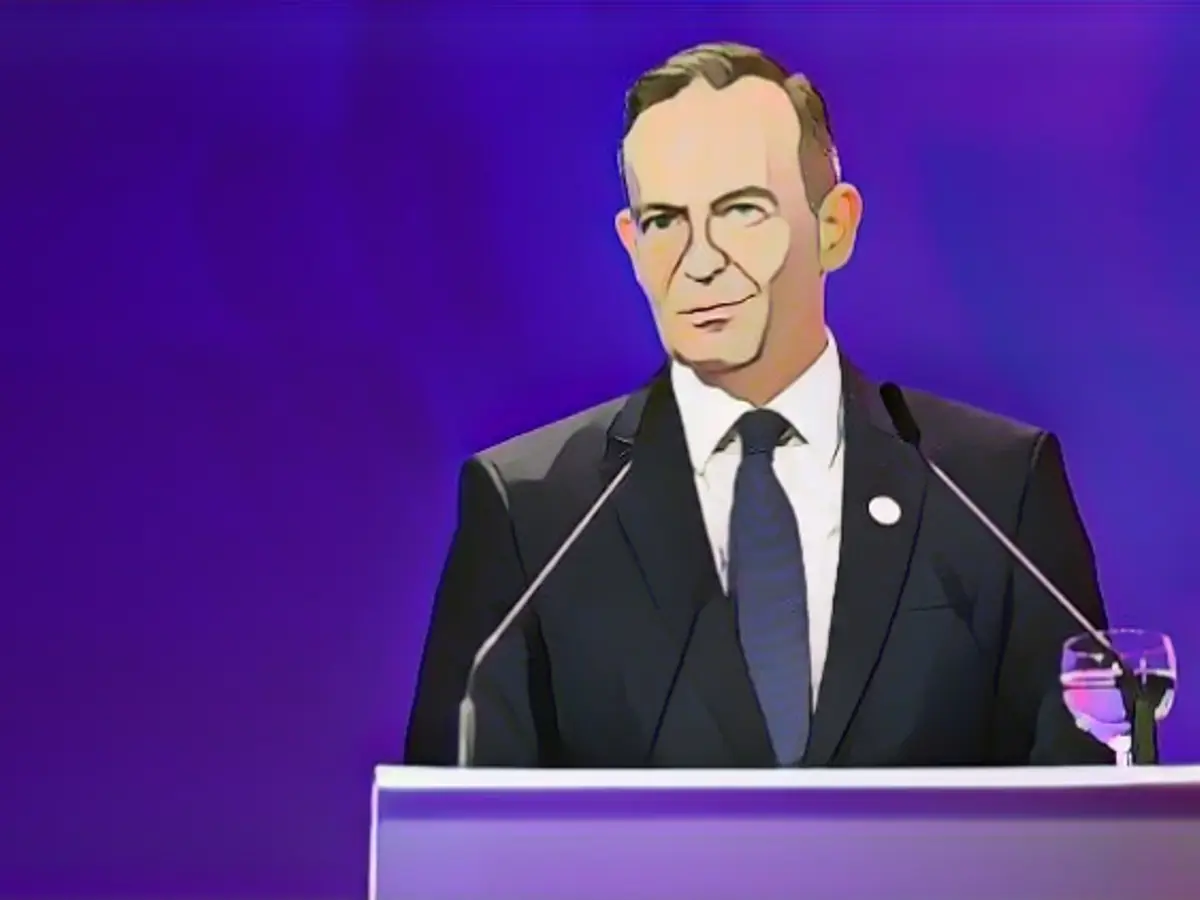Wissing warns Europe against too much AI regulation
For months, Europe's governments have been considering how to deal with artificial intelligence. Even though they are aware of the benefits, they also see risks. That is why they are working on laws. They should not be too strict, warns Transport Minister Wissing. He insists on room for innovation.
In the debate on European regulation of artificial intelligence, Digital Minister Volker Wissing has warned against overshooting the mark. "It is important [...] that Europe does not send the signal that we want to become the most strictly regulated market," said Wissing at the German government's digital conference in Jena. Because then the technology would migrate.
AI would then be developed in other parts of the world that have completely different or lower standards than Western countries. That is why we need rules that leave room for innovation. Wissing expressly welcomed the agreement reached by Germany, France and Italy for self-regulation of the industry for so-called AI basic models.
This was a "great success". When it comes to regulation, a distinction must be made between the use of AI in areas of critical infrastructure, services such as hotlines or the ban on the use of AI for facial recognition or discrimination based on physical characteristics. It is very good that the western G7 states have set themselves "guard rails" for the use of AI.
It was previously reported that the governments of the three largest EU states, Germany, France and Italy, had agreed on a common position on AI regulation in the European Union. A debate is now taking place between the EU Commission, the 27 EU governments in the Council and the European Parliament, which would like to adopt strict legal rules. Germany, France and Italy see this as a risk of stifling innovation in this rapidly developing new technology in Europe.
Volker Wissing, the Federal Ministry of Transport's Digital Minister, emphasizes the need for caution in the EU's regulation of artificial intelligence. He argues that overly strict regulations could lead to the development of AI shifting to regions with less stringent standards.
In light of the ongoing EU debate on AI regulation, Germany, France, and Italy have advocated for self-regulation within the industry for 'AI basic models'. This, according to Wissing, is a "great success" as it promotes innovation while maintaining certain safety guidelines.
Source: www.ntv.de








